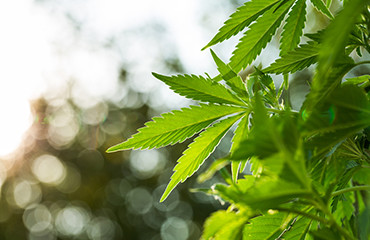Welcome to the What is Addiction? topic center
- Definitions and Classification of Addiction.
- Addiction Statistics.
You may be asking the questions, “What is addiction?” “How do I know if I have an addiction?” It is our hope that these pages will provide insight into these questions. For now, here are a couple quick reference points:
In the first article, Horvath, Misra, Epner, & Cooper define addiction as:
“the repeated involvement with a substance or activity, despite the substantial harm it now causes, because that involvement was (and may continue to be) pleasurable and/or valuable.”
Another definition of addiction by Horvath (2004) uses three simple concepts:
- Anything.
- Excessive.
- Craving.
“repeated involvement with anything, despite excessive costs, because of craving.”
-Horvath, A. T. (2004). Sex, Drugs, Gambling, & Chocolate: A Workbook for Overcoming Addictions. Impact Publishers, Atascadero, CA.
Use the side bar to navigate through articles.
Always remember that it is a good idea to consult a medical professional for proper evaluation and to develop a comprehensive treatment plan.
